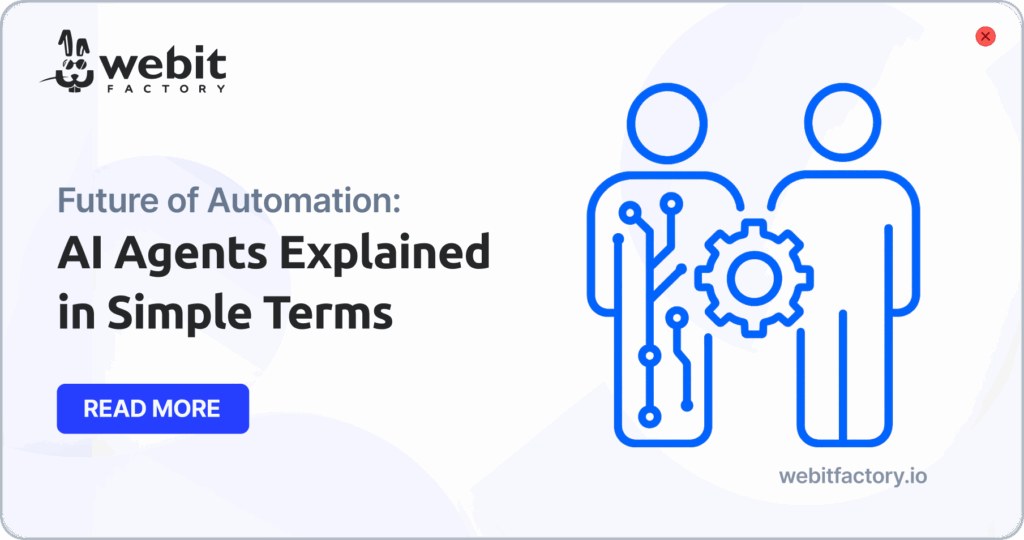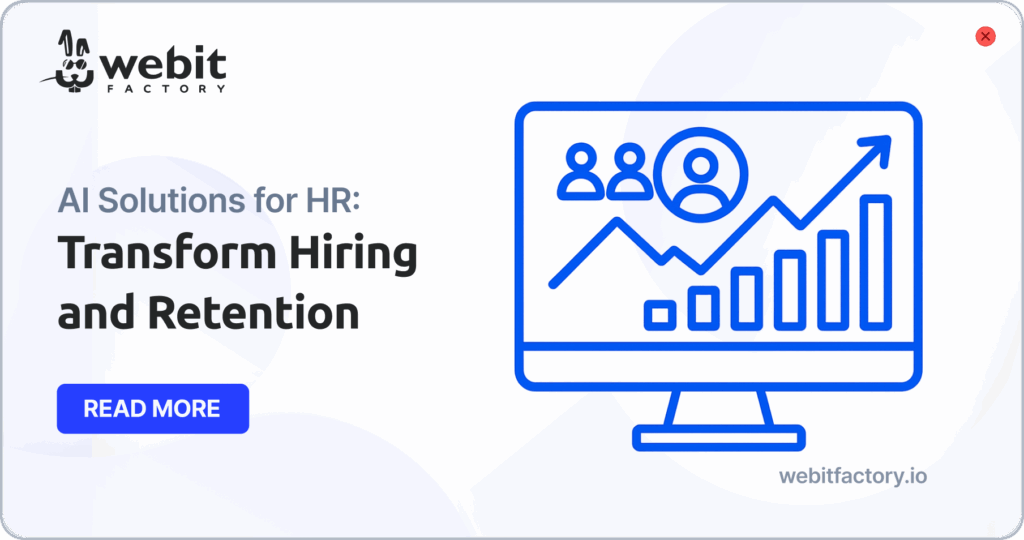AI in accounting helps workers be faster, make fewer mistakes, and focus on more important tasks. Did you know that 98% of accountants have already used AI to support their clients? In fact, almost 7 in 10 are using it for tasks like data entry and processing (Firm of the Future).
Companies that use AI can save time and money. They also find it easier to follow the rules and spot problems like fraud. This shift not only increases efficiency but also allows firms to focus on strategic, high-value activities. The rise of financial automation is helping accounting firms gain a significant edge in accuracy, speed, and compliance.
How automation is transforming accounting processes
Automation in accounting helps with smart decisions. Deloitte’s UK audit workforce now widely uses “PairD,” an AI chatbot that helps with data summarization, research, and analytics. This AI-powered assistant allows auditors to focus more on judgment and strategy, reducing the time spent on repetitive tasks.
In addition, Deloitte’s insights highlight the value of integrating AI into financial operations. By combining digital automation with human expertise, accounting teams can increase productivity and reduce manual errors.

Key benefits of AI in accounting include:
- Elimination of human error in repetitive processes
- Time savings that allow focus on strategic planning
- Real-time data analysis for quicker insights
- Scalable systems that grow with the business
Why AI is your new solution against fraud
In a case study by Cognizant, a global bank used AI to detect and reduce check fraud. Their custom machine learning model enabled faster transaction verification and saved substantial costs.
Further, this LinkedIn case study demonstrated how AI reduced false positives by 50% and improved fraud detection by 60%. AI excels in real-time pattern recognition, allowing it to flag suspicious activity before it becomes a crisis.
Why AI is essential for fraud compliance:
Real-time threat detection and alerts
Reduction in compliance risks and penalties
Enhanced ability to process large data volumes for anomalies
3 ways AI in accounting saves money today
AI in accounting is a powerful tool for cost-efficiency. According to Deloitte’s analysis, AI can automate up to 80% of transactional tasks in finance, drastically cutting down labor costs and time. It als
When applied to financial close processes, Generative AI tools can refine operations and reduce reconciliation errors, improving speed and precision.
Top cost-saving impacts of AI in accounting:
- Less time and staff required for routine processing
- Reduced audit and compliance costs
- Minimized losses from fraud and misreporting
The future of AI in financial services
The potential of AI in accounting services is massive. McKinsey’s research suggests Generative AI could add up to $4.4 trillion annually to the global economy. Financial services are already seeing major gains in productivity, especially through customer support automation and back-office transformation.
Meanwhile, another McKinsey report places AI among the top technologies reshaping fintech. Risk assessment, personalized service, and financial planning are rapidly evolving under AI’s influence.
Emerging trends in AI financial services:
- AI-powered chatbots for client interaction
- Predictive analytics for investment and risk management
- Full automation of financial reporting and forecasting
Real-world results of AI in Finance
Let’s look again at the Cognizant story. A large global bank faced growing problems with check fraud. They partnered with Cognizant to build an AI-powered system that could verify and process checks quickly. The AI scanned each transaction, compared it with past behavior, and flagged anything unusual. This helped the bank act fast and stop fraud before it caused damage.

The results were impressive. The bank reduced fraud losses, improved accuracy, and sped up customer service.
AI in accounting is the key to faster, safer, and smarter work. From automation and fraud detection to cost savings and future-ready innovation, the case for integrating AI is clear and compelling. The firms that adopt AI now will lead the industry tomorrow.
Want to use AI in your accounting team?
Related Articles

AI Agents Explained in Simple Terms
Discover what AI agents are, how they work, and why intelligent agents are reshaping automation across industries.

AI Solutions for HR That Transform Hiring and Retention
AI solutions for HR are transforming hiring and retention with faster recruitment, better cultural fit, and lower turnover rates.

Cross-Chain dApps Are Shaping Web3
Cross-chain dApps are shaping Web3 by streamlining UX, improving contract monitoring, and bridging fragmented blockchain ecosystems.
